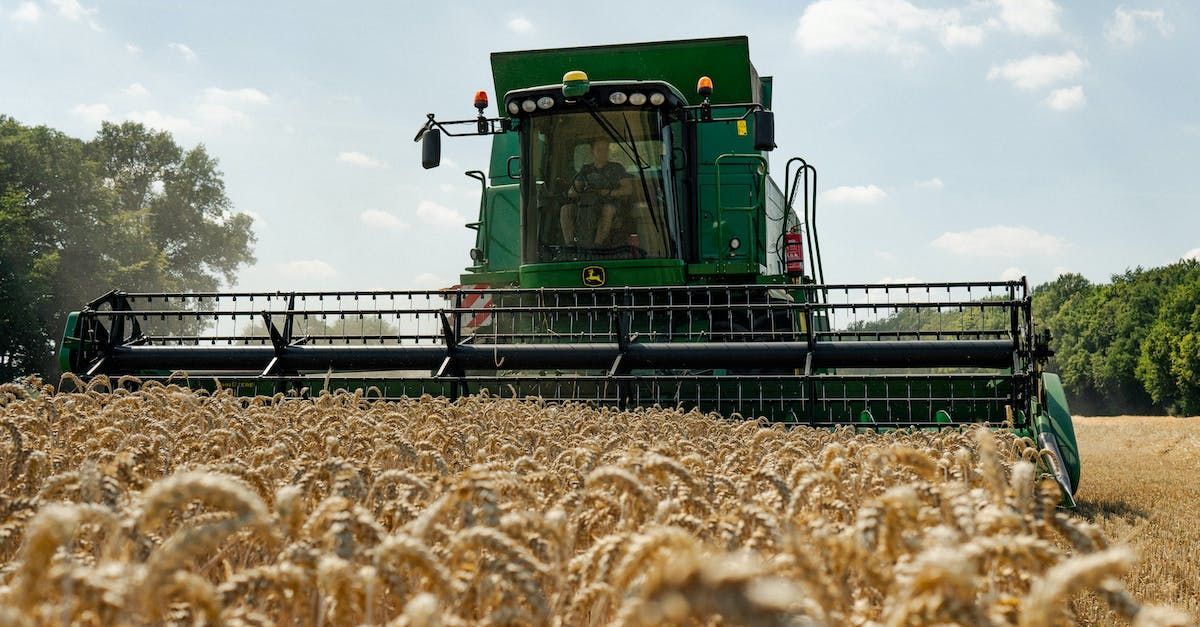What’s Next for WA’s Aboriginal Cultural Heritage Legislation
On 1 July 2023 the Aboriginal Cultural Heritage Act 2021 (2021 Act) came into effect following five years of alleged stakeholder consultation and drafting. The new Act replaced the Aboriginal Heritage Act 1972 (1972 Act), which was deemed to be completely inadequate at providing recognition and protection for cultural heritage by the Joint Standing Committee on Northern Australia in A Way Forward, the Final report into the destruction of Indigenous heritage sites.
To improve these deficiencies the section 18 consent process under the 1972 Act was replaced with a four-tier management system for Aboriginal cultural heritage which required proponents to undertake a due diligence assessment prior to undertaking activities, including where ground was to be disturbed, for the purpose of determining whether there was any Aboriginal cultural heritage or risk of harm being caused to Aboriginal cultural heritage by those activities.
The four-tier system was also accompanied by a new definition of Aboriginal cultural heritage, a new Directory of information related to Aboriginal cultural heritage as well as harsher fines, stop activity orders, prohibition orders and remediation orders which were introduced as new compliance measures to prevent and remedy harm.
The objects of the 2021 Act were to recognise, protect, conserve, and preserve Aboriginal cultural heritage and to manage activities that may harm Aboriginal cultural heritage in a manner that provides clarity, confidence and certainty.
However, in the weeks up to and then following 1 July 2023, substantial concerns and uncertainty were raised about the 2021 Act (and Regulations) together with a good dose of misinformation and in particular the impact that the new regime would have on freehold landowners and proponents who wanted to undertake their usual and normal (farming) activities on blocks of land greater than 1100m2.
During this period Matilda Lloyd and Phil Brunner attended many seminars, in conjunction with WAFarmers, to explain to the agricultural industry and the broader community the new laws. We attended at WAFarmers Zone meetings and grower organised information sessions in Karridale, Busselton, Esperance, Katanning and Perth. Information was also provided in online workshops and information sessions for grower groups and agricultural consultants.
On 8 August 2023 the Premier, Roger Cook, announced that the 2021 Act (and Regulations) would be repealed and that the 1972 Act would be reintroduced with simple and effective amendments. The announcement is welcome news however the Government’s rhetoric is that even the 1972 Act applies to freehold farmland. There is more work to be done to exclude freehold (improved) farmland from the operation of the 1972 Act.
Currently the 2021 Act remains in force and will be repealed once the Bill for the amended 1972 Act is passed by both houses of Parliament.
Bailiwick Legal extends its thanks to WAFarmers and the PGA for their efforts over the last two months. We will continue to work with WAFarmers and farmers to navigate the amended 1972 Act and press for further changes to the Aboriginal cultural heritage laws in WA.
If you would like more information about Aboriginal cultural heritage or how these changes may affect you and your business, please contact Bailiwick Legal on (08) 9321 5451 or by email at office@bailiwicklegal.com.au.
By Matilda Lloyd (Solicitor)
For further information about our legal services, please visit our website: https://www.bailiwicklegal.com.au
The above information is a summary and overview of the matters discussed. This publication does not constitute legal advice and you should seek legal or other professional advice before acting or relying on any of the content.



Working with you, working for you
Bailiwick Legal | Disclaimer | Privacy Policy.










